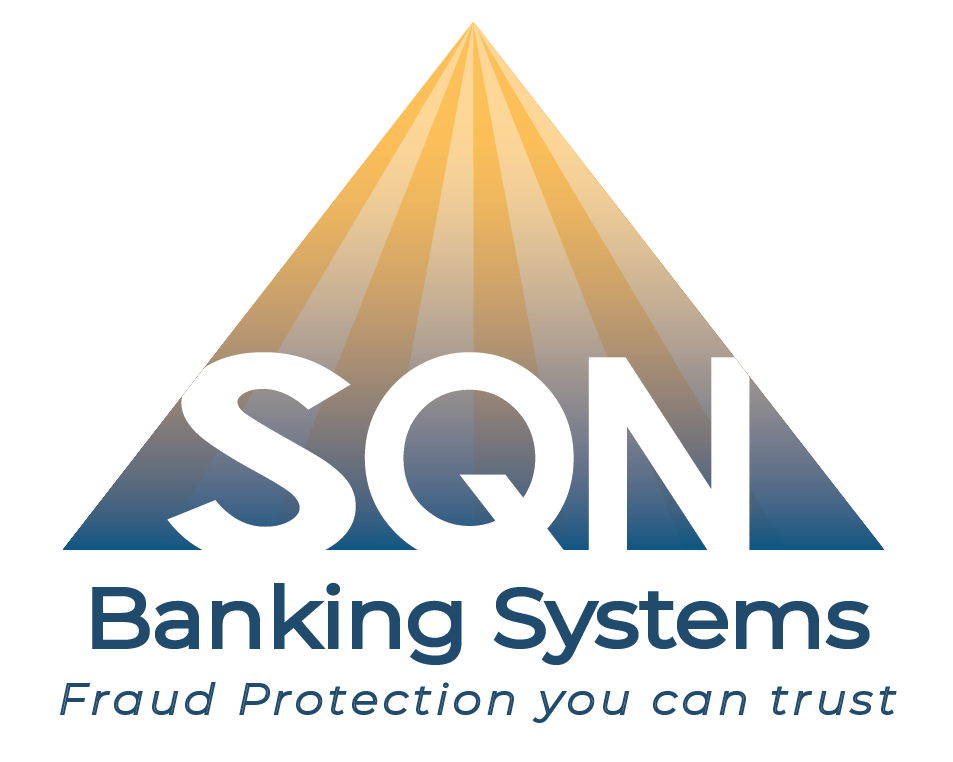Bank Fraud Remediation FAQs

Despite your best prevention efforts, bank fraud can be inevitable, and once fraud happens, you need to swiftly jump into remediation mode. Whether you’ve been in the banking industry for a day or several decades, you likely have questions about this process. To help you out, here are some FAQs about bank fraud remediation.
Fraud Remediation FAQs for Banking Professionals
Are you in the banking industry? Here are some of the most common questions we hear about bank fraud remediation.
How do banks do fraud detection?
Banks often detect fraud when it’s reported by their customers, but if this is the only approach, the bank will suffer unnecessary losses. To ensure that all fraud gets detected, banks need tools that look at payment data and search for aberrations to customers’ existing patterns.
Traditionally, financial institutions used rule-based fraud detection tools that flagged transactions outside of certain parameters. For example, these tools flag checks over a certain value or card transactions far from the account holder’s home. Unfortunately, this legacy approach is rife with problems. It generates false positives, and it misses fraud acts outside of the set parameters.
In contrast, fraud detection tools that use data and machine learning get to know your account-holders’ patterns. Then, when a transaction departs from the usual, the tools flag the transaction for manual review. At that point, the fraud investigation team takes over.
What is bank fraud remediation?
Bank fraud remediation seeks to reverse the damage done by the fraudulent act. This may include recouping cash from liable parties and/or bringing legal charges against the perpetrator. Remediation may also include attempts to make customers whole after losses and public relations campaigns, especially in the aftermath of data breaches.
However, bank fraud remediation should also look at the cause of the fraud. To protect your financial institution from future attacks, you should assess why the fraud happened and take steps to address that vulnerability. This may include investing in better fraud detection tools, educating your customers about the risks of fraud, tightening up internal controls, or taking other steps.
What must be proven in a bank fraud investigation?
When investigating bank fraud, you need to look for knowledge and intent. A customer accidentally overdrawing their account, for example, is generally not fraud because there was no knowledge or intent. A scam artist taking over an account and drafting forged checks, in contrast, is fraud. The exact elements you must establish depend on the type of fraud: check fraud, ATM fraud, card fraud, etc.
How long do bank fraud investigations take?
Fraud investigations take varying amounts of time, depending on the extent and complexity of the fraud. By law, however, U.S. banks must investigate fraud within 10 business days of receiving the claim from their customers. You can request an extension to this time frame, but generally, in that case, you need to offer your customer a provisional credit to cover the losses.
Then, if you conclude that your bank is not liable for the fraud, you can reverse the credit.
Ideally, you should have processes and tools in place that allow you to investigate fraud in this time frame. Be aware of the time limits and requirements in your state, but then, consider going a step further in the interest of building strong customer relationships.
Fraud Remediation FAQs for Banking Customers
Banking customers also tend to have a lot of questions about fraud remediation processes. Here is a look at some of the most common questions your customers may have. The answers start with advice for your clients followed by tips for banking professionals.
How can you resolve bank fraud?
Contact your bank as quickly as possible. Put stop payments on lost/stolen checks and turn off credit, debit, and ATM cards. Make sure to get some type of confirmation that the bank has logged your issue. This is important because the timeline in which you report the fraud determines whether you or the bank is liable.
Tips for bankers: Bankers should try to make fraud reporting as easy as possible for their customers. Ideally, you should have options on your website, bank app, and call center menu that allow customers to quickly and conveniently report fraud. Remember, even if your customers cause the fraud, they are likely to feel like you’re responsible. To protect your brand image, have established workflows in place to guide accountholders through the fraud remediation process.
Do banks help with fraud?
Yes, banks help with fraud, but they will only cover the losses if you report the issue within the required time frame. For example, you generally need to report unauthorized card charges within two days, but you typically have a statement cycle to report check fraud.
Tips for bankers: Again, your customers will blame you when they become the victims of fraud. If they’re unable to get help with their losses, they’ll be even more upset. To maintain positive customer relationships, advertise the reporting time frames to your customers, and when possible, be flexible about extensions.
Which bank handles fraud the best?
When choosing a bank, look at their fraud detection practices. Search for news stories online to see if the bank has recently had any fraud issues and pay close attention to how the bank resolved the issue.
Tips for bankers: This is a question that your customers have. When they search for the answer online, they’ll generally find a list of big banks published by major review sites. Consider how your bank stands up to customers to have these concerns. Make sure that you’re putting your best foot forward with your PR campaigns and also with how you work with existing customers to resolve fraud.
Get Help With Bank Fraud and Remediation
At SQN Banking Systems, we help our clients reduce the risk of fraud. Our solutions focus on prevention over detection, but in the rare cases when fraud slips through the cracks, we can also help with remediation. To learn more about how our solutions and services can protect your bank, contact us today.
